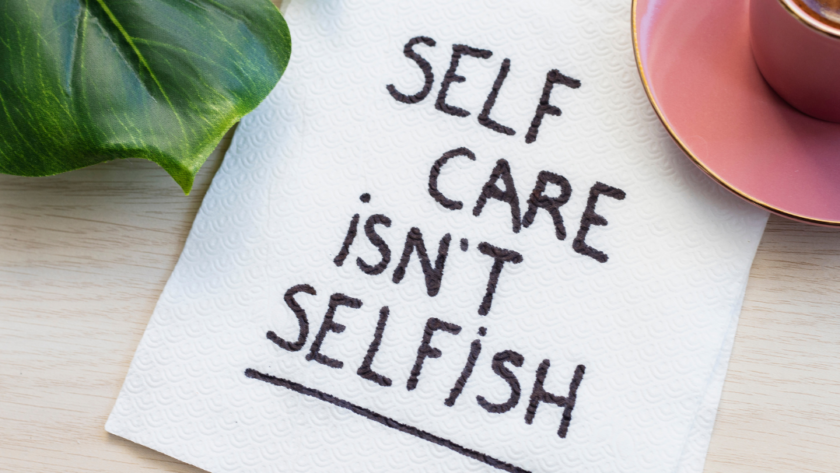When it comes to budgeting, self care is often one of the first things to go. But it’s important to remember that taking care of yourself is just as important as taking care of your finances – especially during tough times.
In this post, Your Debt Expert have put together a list of 10 budget-friendly tips to help you practice self care on a tight budget. Alongside helping struggling individuals beat debt, Your Debt Expert are skilled in dealing with administration orders, affordable repayment plan and more.
So whether you’re looking for ways to destress after a long day or ways to save money on your health and wellness routine, read on for some great ideas!
- Get enough sleep:
Sleep is important for our overall health and wellbeing, yet many of us do not get enough. In order to practice self care on a budget, it is important to make sure that you are getting enough sleep. Most people need around eight hours of sleep per night. Consider going to bed and waking up at the same time each day to help regulate your body’s natural sleep rhythm. If you have trouble sleeping, there are a number of budget-friendly options, such as reading before bed or investing in a white noise machine.
- Eat healthy:
Eating healthy is another important aspect of self care. When we nourish our bodies with healthy foods, we are giving ourselves the energy and nutrients we need to function at our best. This doesn’t mean that you have to spend a lot of money on organic food or go on a restrictive diet. Simply focus on incorporating more fruits, vegetables, and whole grains into your diet. You can also save money by cooking at home instead of eating out. Again, eating healthy doesn’t have to be expensive.
- Exercise:
Exercise is a great way to reduce stress, improve your mood, and boost your energy levels. You don’t need a gym membership or expensive workout gear to get moving. There are plenty of free or low-cost ways to exercise, such as walking, running, biking, or taking a dance class.
- Take breaks:
In today’s fast-paced world, it’s important to take a break from time to time. This can be as simple as taking a few minutes to yourself to relax and rejuvenate. Maybe you enjoy reading, listening to music, or spending time in nature. Whatever it is that helps you relax, make sure to schedule some “me time” into your day.
- Connect with loved ones:
Spending time with loved ones is a great way to reduce stress and feel supported. Whether you stay in touch via text, social media, or in person, quality time with those you care about can do wonders for your emotional wellbeing.
- Make time for hobbies:
Doing things you enjoy is a great way to practice self care. Whether you enjoy painting, gardening, hiking, or baking, make sure to schedule some time each week to pursue your interests. Not only will this help you relax, but it can also boost your self-esteem and sense of accomplishment.
- Volunteer:
Giving back to your community is a great way to feel good about yourself. Not only will you be helping others, but you’ll also get to meet new people and feel a sense of connection. There are a number of ways to volunteer, such as working at a food bank, tutoring children, or walking dogs at a local animal shelter.
- Meditate:
Meditation is a great way to focus on the present moment and clear your mind. If you’re new to meditation, there are a number of free resources available, such as online guides and apps. Once you get started, you can meditate anywhere – at home, at work, or even while taking a walk.
- Practice self-compassion:
It’s important to be kind to yourself, especially when you’re going through a tough time. Take some time to think about things that make you happy, such as your favorite foods, activities, or people in your life. When you’re feeling down, give yourself a pat on the back and remind yourself that you are doing your best.
- Seek professional help:
If you’re struggling with mental health issues, such as anxiety or depression, it’s important to seek professional help. There are a number of resources available, such as therapy or medication. While there may be a cost associated with these services, there are also a number of free or low-cost options available.
Self care is important for both your physical and mental wellbeing. There are a number of ways to practice self care without spending a lot of money. By incorporating some of these budget-friendly tips into your routine, you can prioritize your health without breaking the bank.



